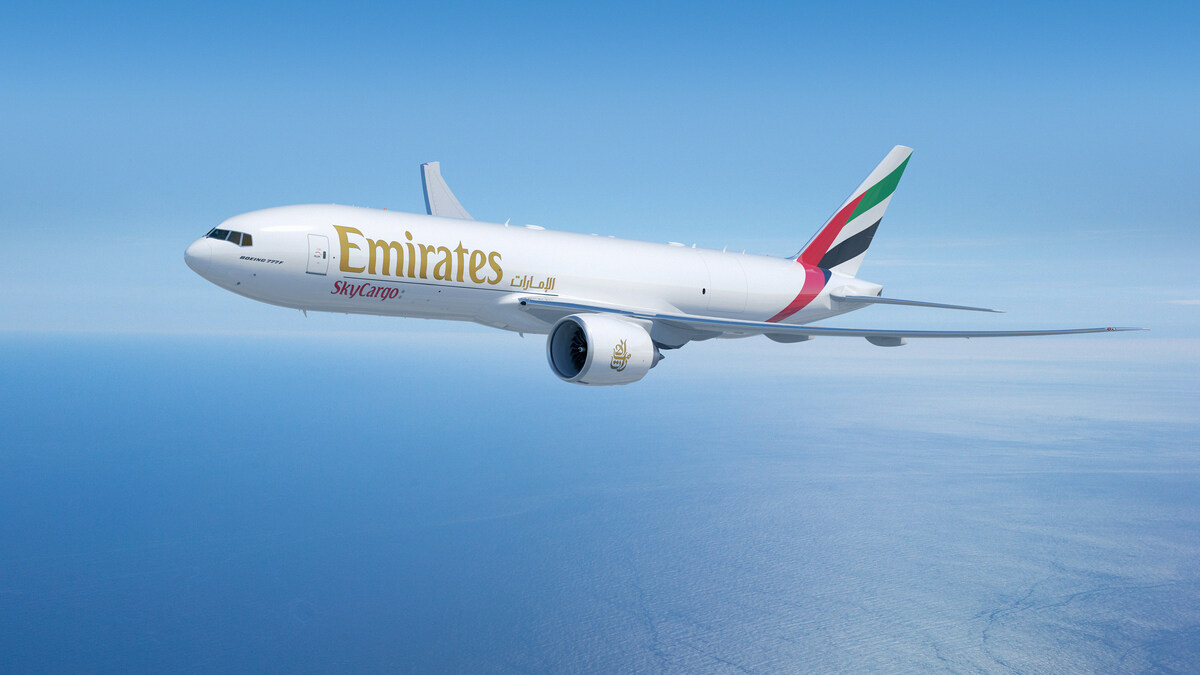Emirates chief criticizes aircraft manufacturers for supply chain delays and highlights Boeing’s efforts to improve the situation.
The head of Emirates Airlines sharply criticized persistent aerospace supply chain challenges, urging major aircraft manufacturers to take responsibility for delivery delays and move beyond mere expressions of concern to concrete solutions.
Strong Criticism of Aircraft Manufacturers
Tim Clark, President of Emirates Airlines and a prominent figure in the global aviation industry, openly condemned the current state of the aerospace supply chain at the International Air Transport Association (IATA) Annual General Meeting in Boston. He put significant pressure on major aircraft manufacturers, demanding accountability for the prolonged delays in delivering new planes and calling for decisive action to resolve ongoing issues.
Clark stated, “I’ve been seeing hand-wringing over the supply chain for quite some time, but the fact is, you (manufacturers) are the supply chain.” He stressed the urgent need for practical solutions to overcome the current crisis.
Delivery Delays and Industry Challenges
Leading aircraft manufacturers such as Boeing and Airbus have been grappling with delivery delays stretching from months to several years. These setbacks have frustrated airlines eager to modernize their fleets with more fuel-efficient aircraft and expand their service offerings.
Such delays not only disrupt airlines’ development plans but also impact competition in the global aviation market.
Boeing’s Efforts to Improve the Situation
Despite the criticism, Tim Clark expressed cautious optimism about Boeing’s recent efforts to address its challenges. He noted that in recent high-level meetings with Boeing executives, he observed positive signs of the company’s commitment to improving production processes.
Boeing faced a severe production halt last year due to quality control issues and labor strikes. The company is now focused on stabilizing and ramping up its manufacturing output. One of Boeing’s critical projects, the 777X wide-body aircraft—of which Emirates has ordered 205 units—has experienced a six-year delay, with deliveries expected to commence in the second half of 2026.
Airbus Challenges and the Impact of Tariff Wars
Airbus is similarly struggling with supply chain issues. Recent reports indicate the company may face an additional three years of delivery delays, heightening concerns among airlines.
Clark also addressed the impact of the U.S. tariff war, stating that he has not observed significant changes in demand patterns to date. He added that GE Aerospace, the U.S.-based engine supplier for some Emirates aircraft, is expected to absorb much of the tariff-related costs internally.
Engine Suppliers: Challenges and Opportunities
Clark had previously criticized Rolls-Royce, the British engine supplier, over maintenance difficulties experienced by certain engine models operating in extremely hot climates. However, he acknowledged that Rolls-Royce still holds substantial opportunities in the Gulf region, provided it can deliver the required performance.
This underscores the critical role of key component suppliers in maintaining fleet safety and operational efficiency.
Aviation Industry Outlook Amid Supply Chain Challenges
Supply chain disruptions and extended delivery delays pose significant challenges to the aviation industry. These issues slow fleet modernization efforts and directly affect airlines’ competitive capabilities and market expansion strategies.
Emirates’ president emphasized that aircraft manufacturers must take responsibility and adopt a proactive approach to resolve these challenges, enabling the aviation sector to regain momentum toward growth and innovation.



